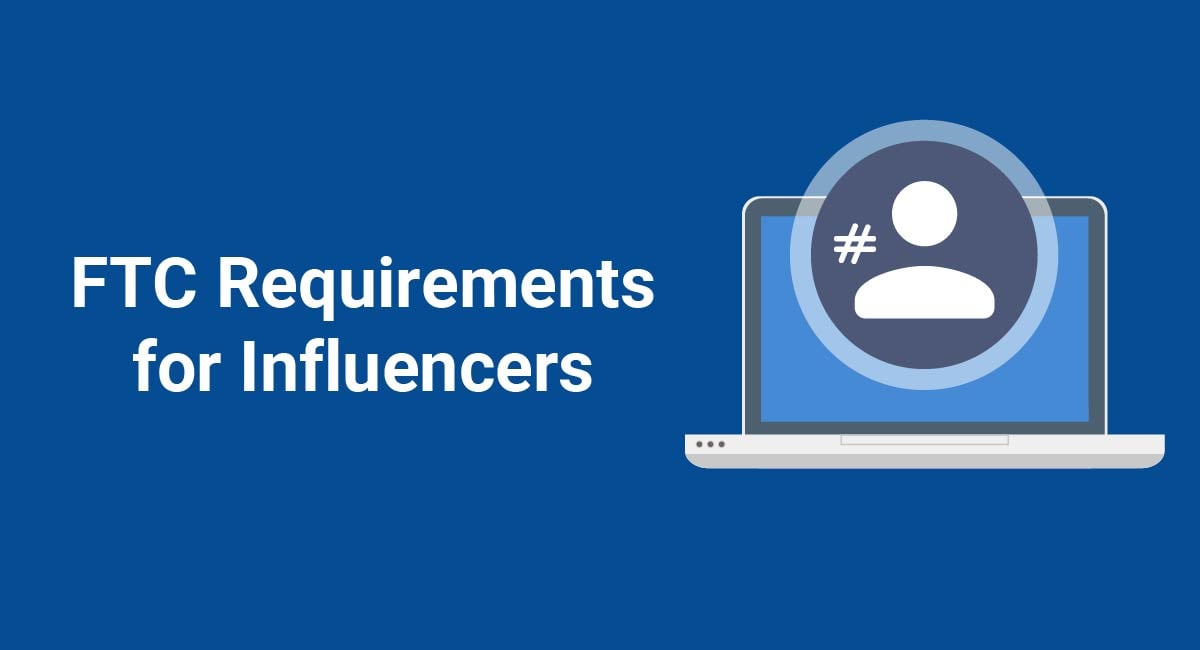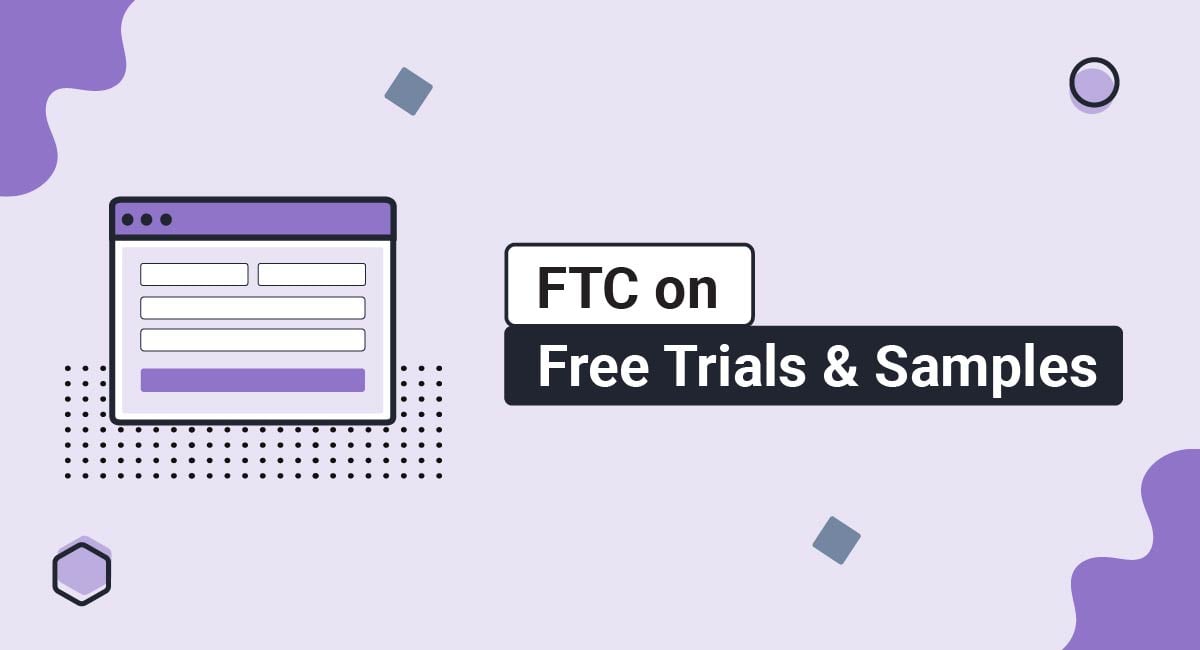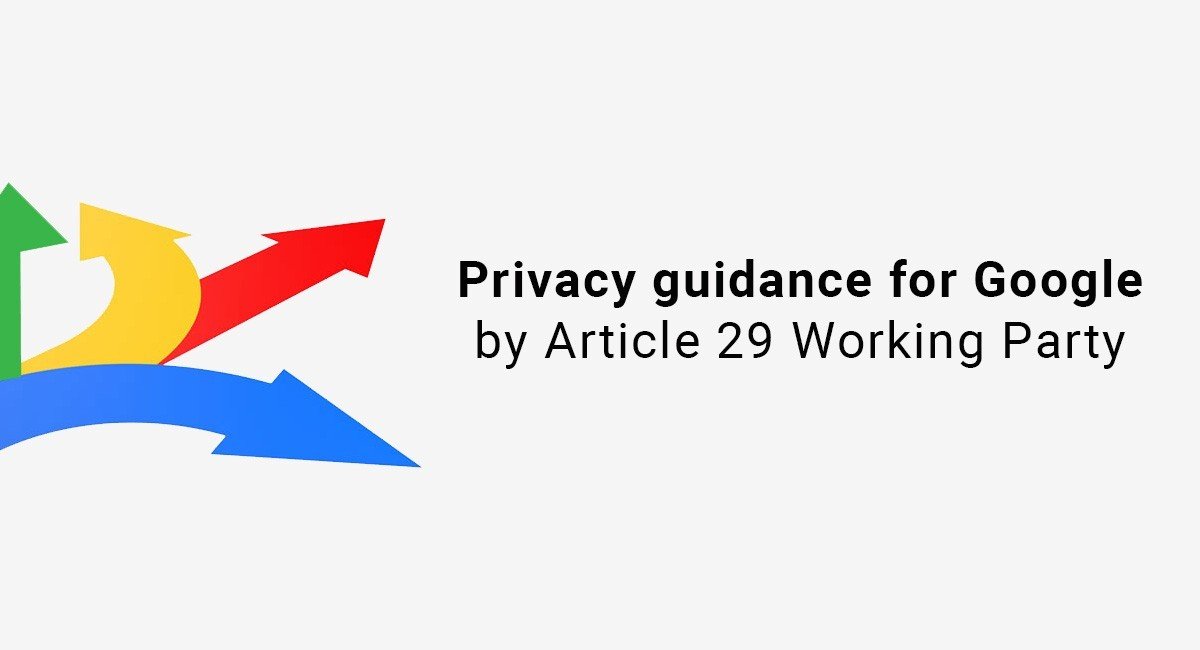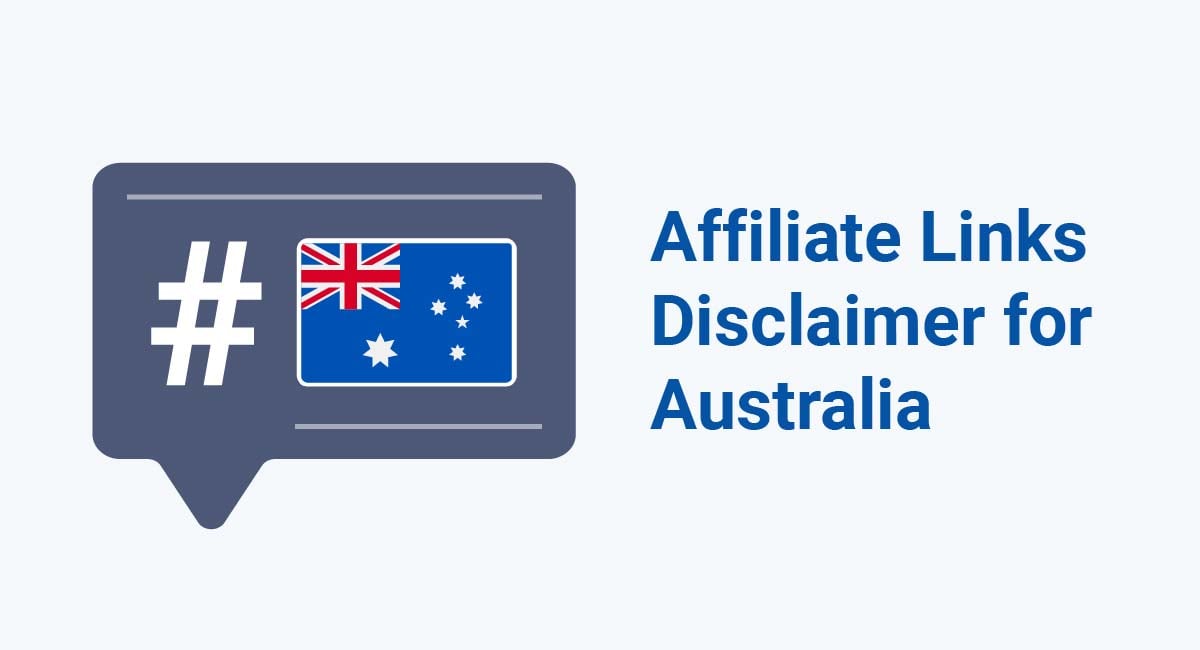Influencers are advertisers.
Instagram personalities promoting a local business can be regulated by the same laws as the world's largest companies. And the Federal Trade Commission (FTC) is not afraid to go after influencers, and even those with just a handful of followers.
But the FTC isn't looking to catch influencers unaware. The FTC makes its rules clear, and, as an influencer, it's your responsibility to follow them.
We've presented the FTC's requirements in a clear and accessible way to help you understand when the FTC's rules apply to influencers and how you can apply them in a legally-compliant way.
What customers say about TermsFeed:
This really is the most incredible service that most website owners should consider using.
Easy to generate custom policies in minutes & having the peace of mind & protection these policies can offer is priceless. Will definitely recommend it to others. Thank you.
- Bluesky's review for TermsFeed. Read all our testimonials here.
With TermsFeed, you can generate:
- 1. Key Requirements
- 2. Disclosing Material Connections
- 2.1. What is an Endorsement?
- 2.2. What is a Material Connection?
- 3. Making Disclosures Clear
- 3.1. Hashtags
- 3.2. Images
- 3.3. Videos
- 4. Other Things to Remember
- 4.1. Be Honest
- 4.2. Understand Local Laws
- 4.3. Understand What Other Regulations Apply
- 4.4. Check Your Brands' Social Media Policies
- 5. Summary
Key Requirements
Here are the key takeaways from the FTC's requirements for influencers:
- DO disclose any material connections you have with a brand you are endorsing
- DO make your disclosures clear, unambiguous, and conspicuous
- DO make disclosures directly within your endorsements
- DON'T mix your disclosures up with other phrases in a block of text
- DON'T disclose only in the description of videos, podcasts, or images
- DON'T make consumers click "more" in order to view your disclosures
Now let's consider the FTC's requirements in more detail.
Disclosing Material Connections

The FTC's rules ensure that influencers cannot hide their "material connections" to a brand they are endorsing. This is to ensure that the public has a clear understanding of any potential bias or motivation on the influencer's part.
What is an Endorsement?
Endorsements come in many forms. Broadly speaking, you make an endorsement when:
- You say something that might influence a person's opinion about a brand, and
- You have some material connection to the brand that consumers might not reasonably expect
Example of endorsements may include:
- Promoting or recommending a brand, product, or service on social media platforms including Instagram, Snapchat, Facebook, Twitter, or YouTube
- Reviewing a product or service in written, video, or audio format
- Using affiliate links
What is a Material Connection?
The conception of a "material connection" is key to the FTC's requirements.
As an influencer, you must disclose any material connection you have to any brand you are endorsing.
You may have a material connection to a brand if the brand has done any of the following in exchange for your endorsement:
- Given you money
- Given you free or discounted products or services
- Offered you free or discounted products or services
- Made you eligible for a prize
- Offered you employment
- Given money to another person or a charity
If in doubt, make a disclosure.
Making Disclosures Clear

Disclosures must be clear and unambiguous, regardless of the format in which you are making them.
There are several ways to make a disclosure.
Hashtags
Hashtags are one of several appropriate means of making a disclosure on social media.
Make disclosures distinctive. Try not to mix up your disclosures in a block of hashtags or links.
When using Twitter, there is a limit to the number of characters you can use in each Tweet. It's ok to keep disclosures short, so long as they are clear.
Here are some examples of potentially clear and unclear disclosures made via hashtags.
| Likely to be sufficiently clear | Unlikely to be sufficiently clear |
| #ad | #gift |
| #advertisement | #thanksto[brand] |
| #sponsored | #[brand]ambassador |
Like with any disclosure, you must ensure your hashtags appear before any "more" link in the post. Consumers must not be required to click "more" in order to view your disclosure.
Here's an example of a hashtag endorsement on Twitter, from gaming celebrity Ninja:
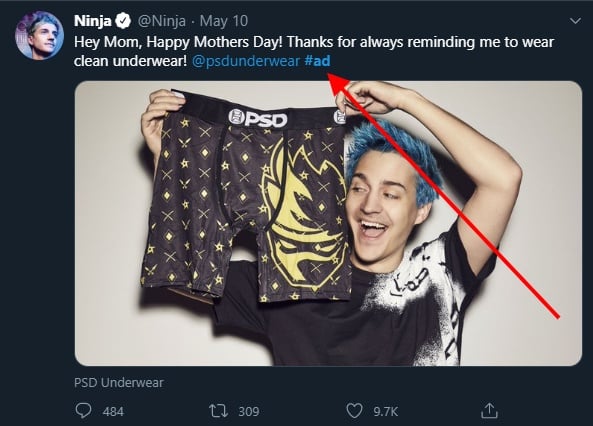
Despite the brevity of Ninja's disclosure, it's pretty obvious that this is an ad.
Note, however, that the FTC suggests disclosures appear at the beginning of an endorsement.
Images
If your endorsement is delivered as an image, you should superimpose your disclosure over the image itself. This is most relevant to image-based platforms such as Snapchat.
If your endorsement is delivered as text with an accompanying image, you can simply make your disclosure within the accompanying text.
Here's an example from Instagram user 8passengers_shari:

Note that the disclosure in this Instagram story is made right up-front, making it totally clear that the story is sponsored.
Videos
A common mistake that influencers make when making endorsements via video is to only make their disclosure in the video's description.
You should make your disclosures in multiple formats, including:
- In the description
- Spoken during the video
- Superimposed on the video
If you're making an endorsement while live streaming, the FTC suggests that you make disclosures regularly throughout the stream. This also applies to longer videos.
Other Things to Remember
Here are a few other important considerations for influencers.
Be Honest
As well as being clear, your endorsements must be an honest reflection of your opinion.
The promise, or delivery, of money or free goods will probably sway your opinion about a brand. That's part of the reason that the FTC requires you to disclose material connections.
But you must not consciously give a deliberately misleading review or recommendation of a brand, product, or service you are endorsing, even if a company has asked you to do so, and even if you stand to make more money by doing so.
Making untrue claims can amount to false advertising. Keep your endorsements fair and honest.
Understand Local Laws
When advertising to international markets you may be bound by their laws.
If the brands you work with are targeting consumers in markets other than the U.S., you should be aware of the requirements in those markets.
Here are a few examples:
- Canada: Influencers are subject to the Competition Act (available here), which is enforced by the Competition Bureau
- United Kingdom: Influencers in the UK should check the regulatory guidance provided by the Advertising Standards Authority (ASA) and the Competition and Markets Authority (CMA) to ensure they are compliant with UK advertising law
- Australia: the Australian Competition and Consumer Commission (ACCC) provides some guidance for businesses that will be useful for social media influencers advertising to Australian markets
Understand What Other Regulations Apply

Other regulations, and regulatory bodies, may apply to your endorsements.
For example, the Food and Drug Administration (FDA) regulates advertising, and it has recently brought several high-profile cases against influencers endorsing vaping products.
You must be aware of any other laws or rules that apply to the products you are endorsing.
Check Your Brands' Social Media Policies
Many brands have rules or policies which influencers have to follow when making endorsements.
Thes rules might be presented as a Social Media Policy, Influencer Policy, or Social Media Guidelines.
Here's part of Fitbit's Social Media Guidelines:
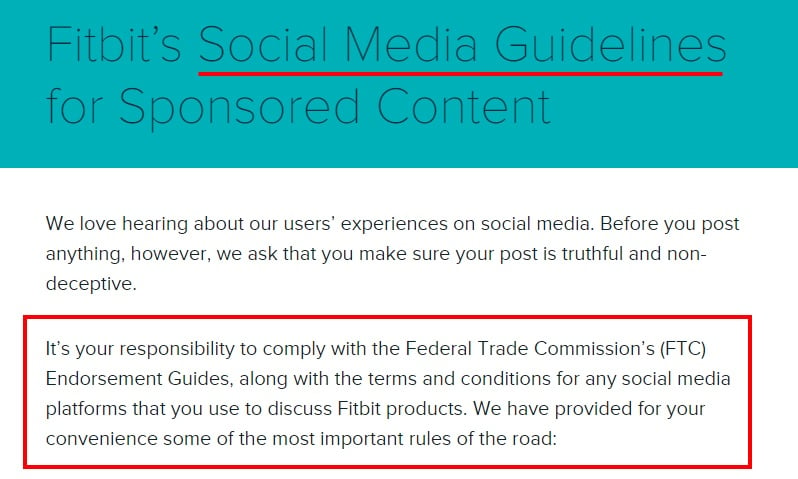
Bear in mind that such policies are often legally-binding agreements. You may be required to pay damages to a brand if you cause it legal problems.
Before you agree to work with a brand, you should:
- Ask about their brand's rules
- Read the rules thoroughly
- Obey the rules
Summary
It's crucial that influencers follow the FTC's rules in order to avoid fines and legal issues.
- Understand when you are making an endorsement and have a material connection
- Make a clear and prominent disclosure
- Be honest and trustworthy in your endorsements

Comprehensive compliance starts with a Privacy Policy.
Comply with the law with our agreements, policies, and consent banners. Everything is included.
